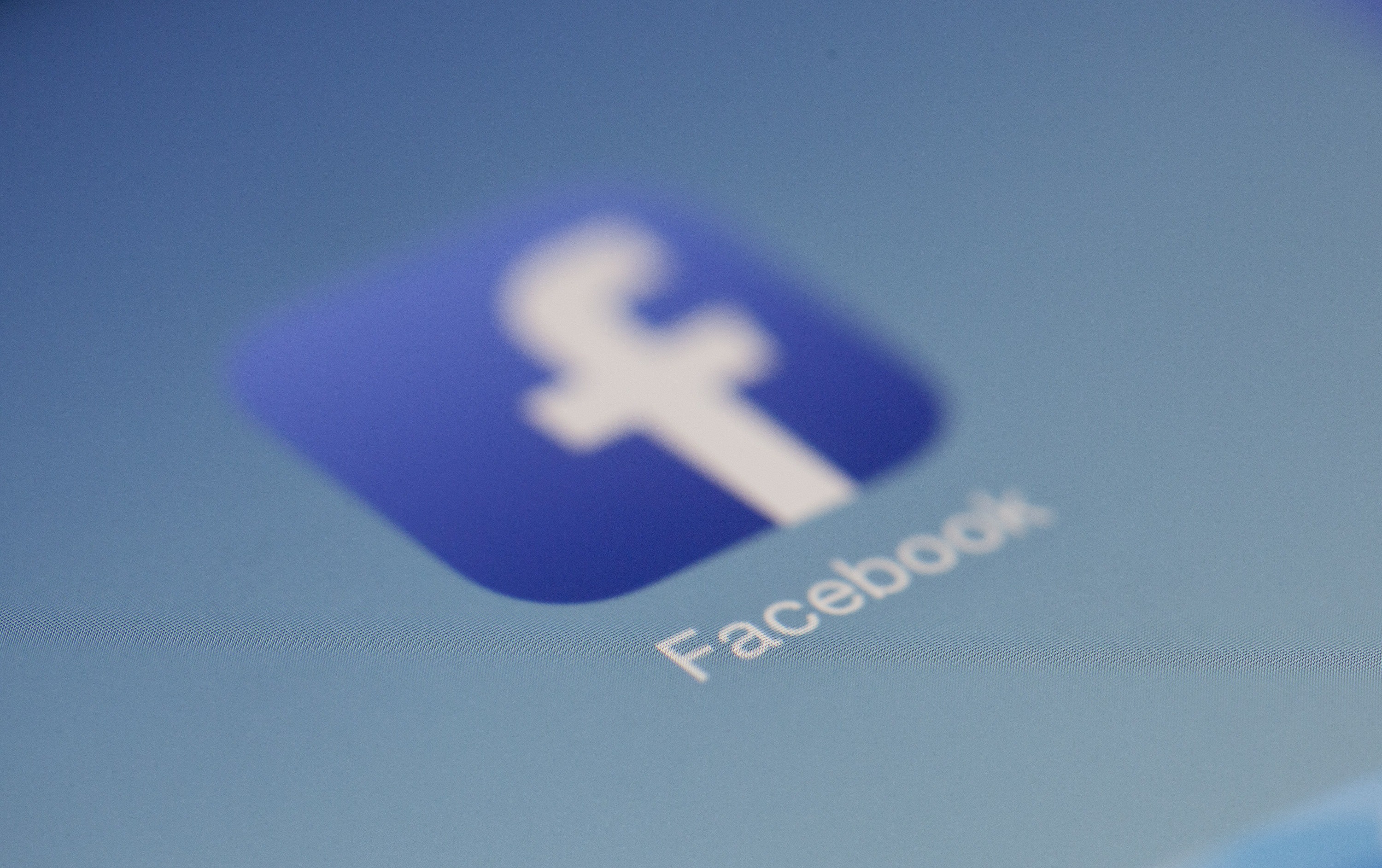Facebook now has over a Billion users, that’s a mind-boggling number of people who check their page regularly. The bad guys are irresistibly attracted to a population that large, and here are the Top 5 Scams they are trying to pull off every day of the year.
- Who Viewed Your Facebook Profile: This scam lures you with messages from friends or sometimes malicious ads on your wall to check who has looked at your profile. But when you click, your profile will be exposed to the scammer and worse things happen afterward.
- Fake Naked Videos: There are tons of fake naked videos being posted all the time using the names of celebrities like Rihanna or Taylor Swift that sometimes make it past the Facebook moderators. These scams are in the form of an ad or a post and have a link to bogus YouTube videos. That site then claims your Adobe Flash player is broken and you need to update it – but malware is installed instead!
- Viral Videos: Viral videos are huge on social media platforms. If you click on one of these “videos” you’ll be asked to update your video player (similar to the scam above) but a virus will be downloaded and installed instead. To avoid this, type the name of the video into Google and if it doesn’t have a YouTube or other legitimate site link, it’s likely a scam.
- Fake Profile Scam: Scammers are stealing the name and pictures from an existing profile and “friending” the real person’s friends in efforts to scam friends and family by faking an emergency. Be very cautious of accepting friend requests from someone you’re already friends with.
- Romance Scams: A specific type of “Fake Profile Scam” where con artists create a fake profile using the photos and stories of another person, and then develop “relationships” with their victims over posts, photos, and Facebook messenger. These scammers typically shower you with romantic language, promise happiness, and eventually con you into giving up personal information, or even money. Avoid personal and financial heartbreak, don’t “friend” people you don’t know in real life.
Facebook is used for connecting with people you know. Be especially cautious of “friending” strangers, and of clicking on links in suspicious posts, and in messages. Stay away from these traps if you want to avoid giving away personal information or getting your PC infected with malware.
This info provided by:
The KnowBe4 Security Team
KnowBe4.com












